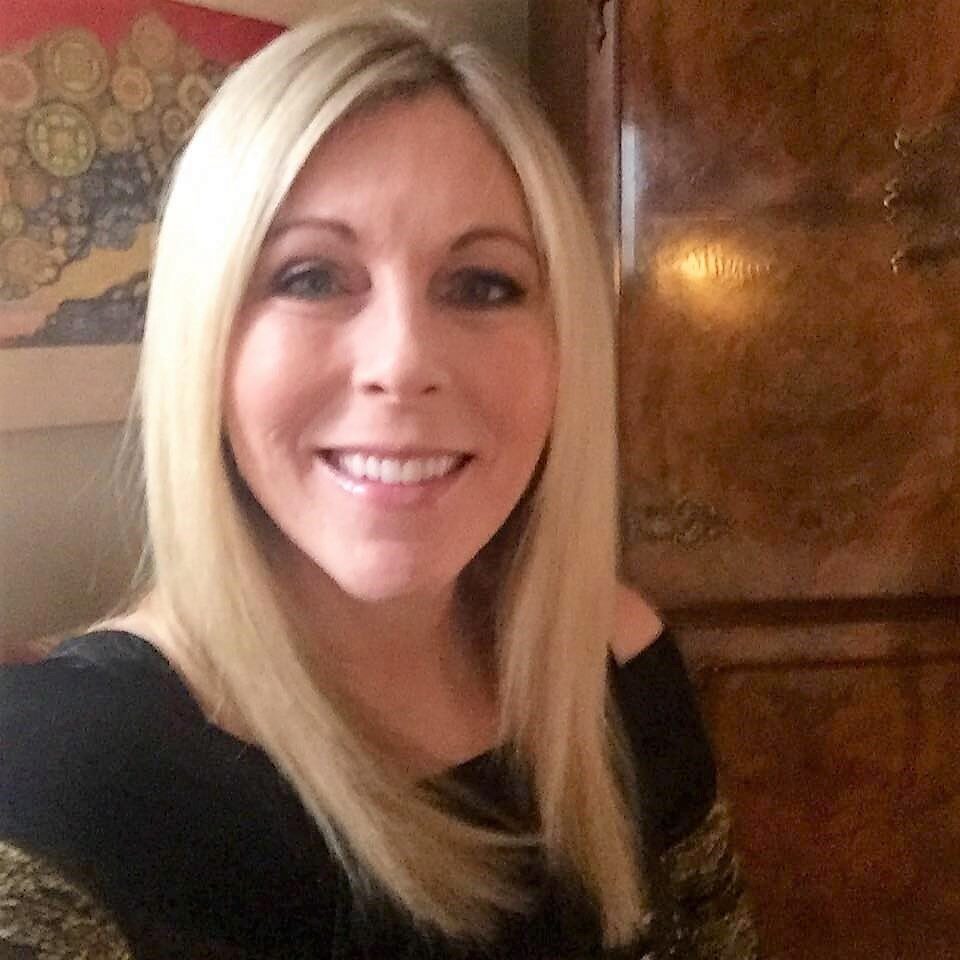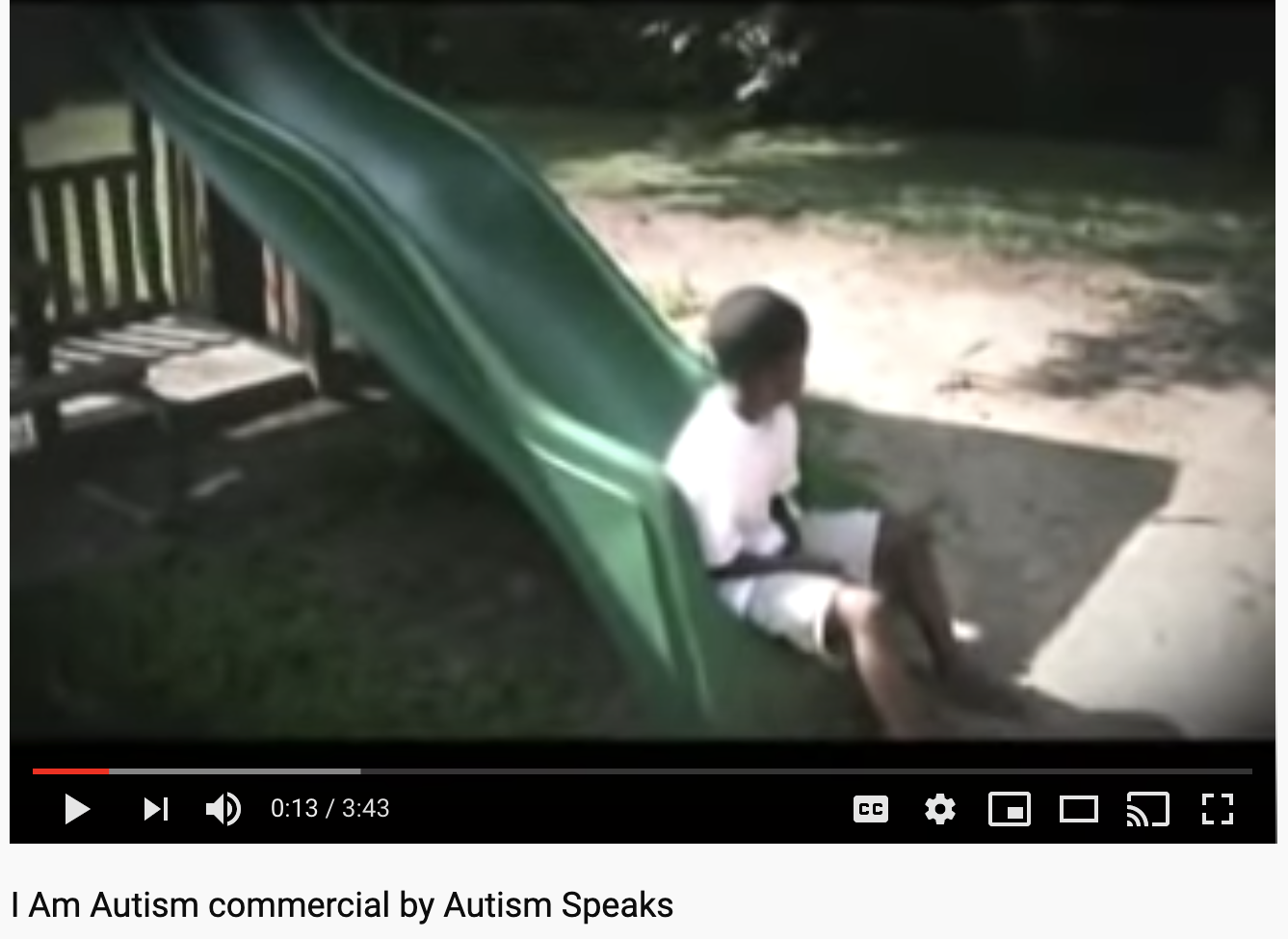Why parents of autistic kids need to be cautious and thoughtful about the therapies they consider for their children.
Tag: ABA
Even though the Son-Rise therapists take credit for Kyle’s successes, maybe he’s done well because of his family’s kindness…in spite of the therapy, not because of it.
I truly do not know why some parents don’t want to listen to autistic adults. There is so much good autism information for parents from autistic adults, and so much of it is freely available, and yet the parents choose not to know.
If early intervention professionals truly want to serve autistic children, then they need to transition to better ways to guide our autistic kids, ways that don’t crush those children’s spirits and hearts.
After your loved one receives a diagnosis of Autism, people may bombard you with (possibly unsolicited) advice for next steps. One such step you may actually want to consider is to seek the services of a Speech-Language Pathologist (SLP).
Photo courtesy Dr. Bottema-Beutel [image: Formal photo of Dr. Bottema-Beutel, a smiling white woman with medium-length side parted brown hair.] Advocates of early autism interventions often claim such approaches are “evidence based,” whereas critics have long pointed out individual flaws in cited studies. We were glad to learn about Dr. Kristen Bottema-Beutel’s analysis of general conflicts of interest in early autism research, and talk with her about how her findings complicate assertions about being early autism interventions being evidence based, and what else she and her team discovered. —- Thinking Person’s Guide to Autism: Can you tell us why you decided to pursue this analysis of conflicts of interest (COIs) in early autism intervention research? Bottema-Beutel: The short answer is that I’ve been following Michelle Dawson on Twitter (her handle is @autismcrisis). Michelle is an autistic researcher who has been sounding the alarm on undisclosed COIs for more than a decade—before I…
[image: Screen capture from the Autism Speaks video I Am Autism, with an African American child sitting on a slide, facing away from the camera. The YouTube video toolbar is visible, above title text reading, “I Am Autism commercial by Autism Speaks”.] Zephyr Ash Ostrowski thefilmroom.org “Where there is charity and wisdom, there is neither fear nor ignorance.” –St. Francis of Assisi “There is nothing more frightful than ignorance in action.” –Johann Wolfgang von Goethe “Where ignorance exists, myths flourish.” Norman Begg and Angus Nicoll It doesn’t take long for a hurtful word or comment to make its way across the globe. The media eagerly reports on officials’ latest xenophobic remarks within minutes. Protesters will gather and complain for a corporation to sever ties with a controversial program or person. But this outrage somehow doesn’t happen with organizations that are directly tied to “helping” certain groups of marginalized people—and when…
Autistic children endure a lot of ‘behaviour analysis,’ usually done by non-autistic people who are not trained to interpret autistic behaviour and motivation.
Cal Montgomery Photo © Teresa Alexander-Arab | Flickr / Creative Commons [Image: A green buoy on the surface of a body of water on a sunny day.] Autism is not behavioral. Atypical behavior is not autism. It is a consequence of autism. It is surface markers by which what is underneath may be suspected, diagnosed, and investigated. Altering behavior doesn’t alter autism. Everything we recognize has surface markers. Fear, for instance, may look like a cold sweat, breathing hard, and dilated pupils, but that is not what fear is. ABA, the most popular monopoly for interacting with autistics, denies the “underneath.” It says that the surface markers are all that matter. It is profoundly dehumanizing. It is also a worldview that is almost impossible to maintain. When you call autism a behavioral disorder—and I am not touching the “disorder” part right here but I also do not accept it—you are focusing…
“We miss something here. Developmental delay means that much life development happens in adult life for autistics, after age 18 or 21—maybe even more so than it does for us the rest of us.”









